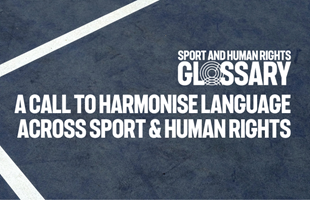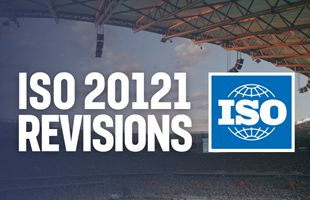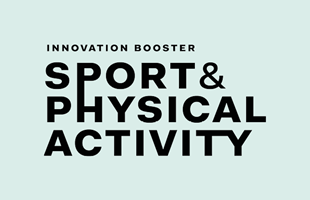
Sport & Human Rights Glossary: Co-Creating A Manual For Responsible Sport Communication
Author - Centre for Sport and Human Rights
This Sport and Human Rights Glossary is part of an ongoing, consultative process aimed at bringing greater clarity and coherence to the language used to discuss and advance human rights in sport. Language plays a pivotal role in conveying information, as well as in reflecting and shaping social reality. Its usage determines if it reinforces or helps to deconstruct systems of power. In parallel, language describes real-world entities, systems, and structures. Whether these terms originate from sport or from human rights, a clear understanding of what each term is seeking to convey also underpins our ability to make sense of the status quo and effect positive change or social transformation.
Recognising the power of language, responding to the need felt by many stakeholders for greater clarity, and in line with our strategy Convergence 2025, the Centre for Sport and Human Rights initiated work on a manual to support effective human-centric communication in the sports ecosystem. By helping to translate sport terminology for those who specialise in human rights, and by applying a human rights lens to language and terminology more broadly used in sport and society, we hope that all actors will be better equipped to ensure their interactions positively impact individuals and communities, emphasising the centrality of people and their rights in sport.

We launched the first phase of our Glossary consultation in 2022. This consultation is designed as an ongoing and iterative process to reflect the fact that language and its usage are dynamic and that we all need to be responsive as the field evolves and matures. Through this process we aim to build a shared understanding and common point of reference for communication across the sports ecosystem in all its diversity. All draft definitions use as their starting point recognised and credible official sources wherever possible (e.g. official UN instruments and authoritative documents from leading sports bodies), supplemented by insights from the Centre’s team and members of our Advisory Council and Engaged Organisations. We propose definitions that are accessible to all, including those who are experts in sport, human rights, or other related fields, but not necessarily all or both. We also look to encourage a clear, appropriate, and respectful use of terminology by all actors. Over the coming years, we will continue to consult on various terms, and translations from this first version in English into other languages will follow.
We welcome input from experts and anyone with relevant lived experience on how to refine each term and how to use them respectfully, taking account of different contextual sensitivities. We also welcome suggestions on terms to include in subsequent rounds of consultation. Further instructions on how to take part in the process can be found in the Sport and Human Rights Glossary.
We look forward to your input! For any questions and suggestions on the process, do not hesitate to send an email to [email protected].
About the Sport & Human Rights Glossary
WHAT?
Guidance on terminology and its usage across sport and human rights to encourage ecosystem-wide communication that is responsible, inclusive, respectful and ethical.
WHY?
To bring harmony into responsible sports communication and help ensure that interactions positively impact individuals and communities, stressing the centrality of people and their rights in sport.
WHO?
For everyone in the sport and human rights ecosystem and beyond, through the use of easily accessible language that everyone can understand.
HOW?
We identified relevant terms and used authoritative sources to produce draft definitions. As part of a continuously evolving process, please give your feedback on the working definitions.
The Project
Introductory Blog
We have written a short piece to contextualise this project and our approach.
The Glossary
The current version of the glossary and guidance can be accessed here.
Your Feedback
Please provide feedback on the current versions of the definitions/ guidance by filling this form.



